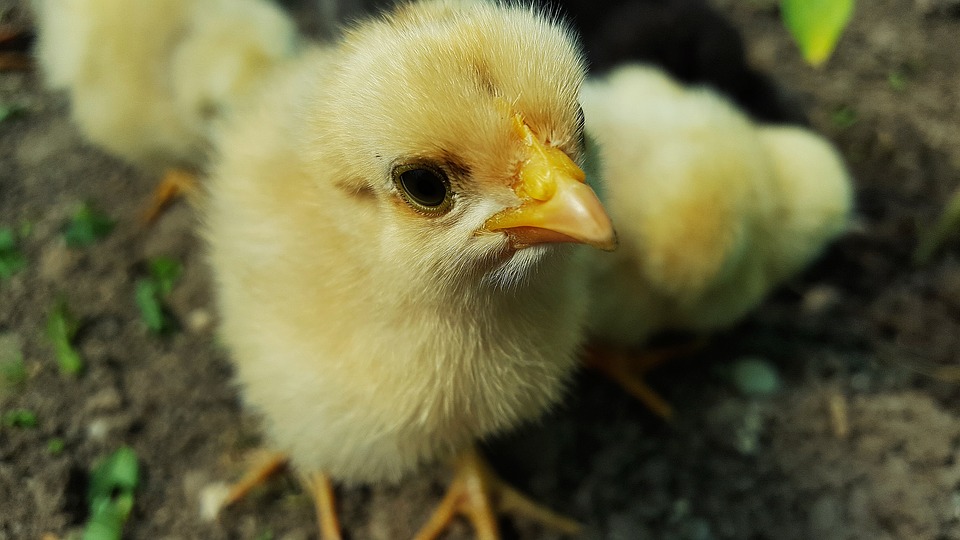
Gravitational Attraction
What would happen if two people out in space a few meters apart, abandoned by their spacecraft, decided to wait until gravity pulled them together? My initial thought was that …
In #articles

It's the beginning of the school year and time to get back into writing and exploring interesting scientific questions, or at least exploring scientific thinking. We start with this article which maintains that extraordinary claims do not require extraordinary evidence. They make the analogy with a story about a vet claiming that a chicken gave birth to a chick internally, without laying the egg. The author states that he believes this claim, despite the meager evidence, because "this is the sort of evidence that I’d expect if the claim is true and not at all what I’d expect if the claim is false."
As a skeptic, I thought "well, that's unusual" but am also inclined to believe it - although not particularly strongly. Why? And does this undermine my skepticism for other extraordinary claims? Here are five reasons for why I believe the claim (but not strongly) and why it is different than many other extraordinary claims:
Maybe a probability of about 80 percent?
Now, ask yourself, other than point (5), do we have for any ancient miracles, or for that matter any other supernatural claims, an analogous match to any of the points 1-4?